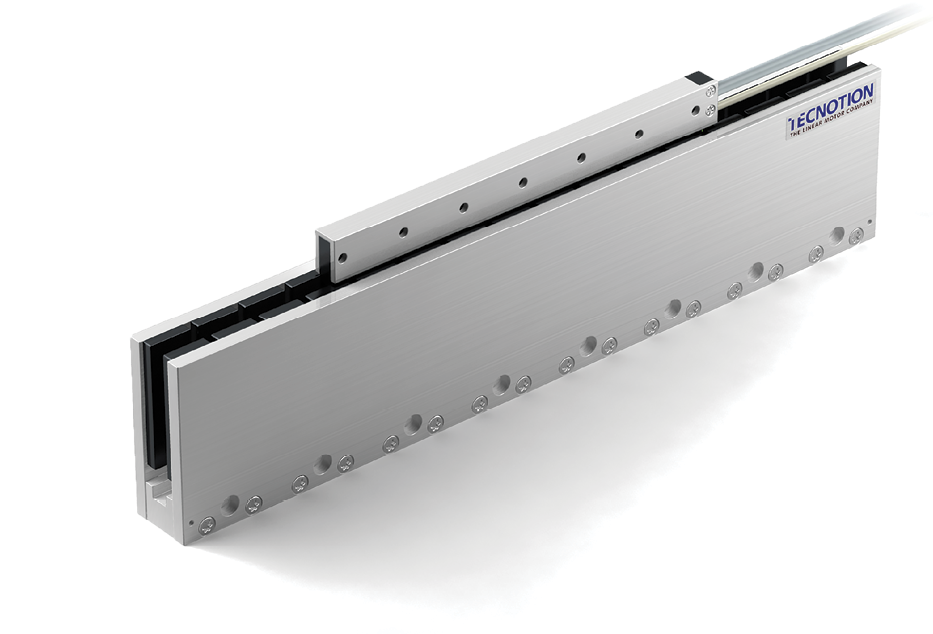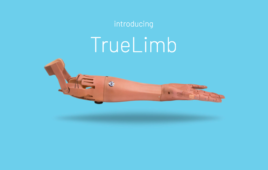
This automated system from Aurora Biomed handles RNA extraction and setup for real-time RT-PCR testing for SARS-CoV-2. [Image courtesy of Aurora Biomed]
Although the test can be performed on bench-top instruments capable of analyzing one or a few samples at a time, most RT-PCR tests are conducted by large workstations capable of processing thousands of samples per day, located in hospitals, clinics, and specialized testing facilities.
Automation — and linear motion systems in particular — make it possible to carry out the sheer volume of RT-PCR tests that are required during a global health emergency such as the coronavirus pandemic. Not only do samples and consumables need to be loaded, unloaded and moved through the various steps of the process, liquid handling is also required at key stages of the test procedure.
Get the full story on our WTWH Media sister site Design World.



